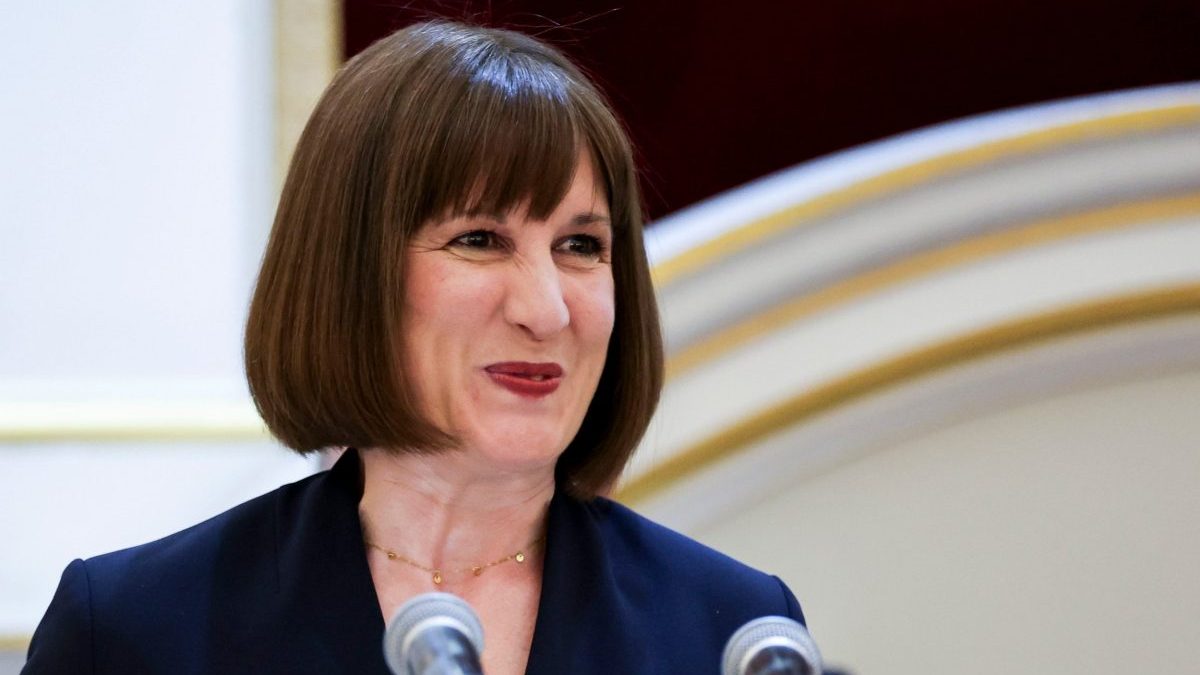Many appear to be acting now to avoid saddling their families with a 40 per cent tax charge on leftover funds after death
Retirees are pulling billions from their pension pots amid growing fears that their savings could be hit by a tax raid after death, new official figures reveal.
According to HMRC, £5bn was withdrawn from pensions in the first three months of 2025 – a 24 per cent increase on the same period last year.
The average taxable withdrawal per person was £7,400 in this period.
The number of people making taxable withdrawals above their 25 per cent tax-free lump sum also jumped 13 per cent to 672,000.
This sharp uptick follows Rachel Reeves’ decision in last autumn’s Budget to make unspent defined contribution (DC) pensions liable for inheritance tax This sharp uptick follows Rachel Reeves’ decision in last autumn’s Budget to make unspent defined contribution (DC) pensions liable for inheritance tax (IHT) from spring 2027. It will bring pensions in line with other assets such as property, ISAs, and savings.
The policy shift has prompted a rush among wealthier savers to draw down their pots sooner than planned, with some concerned about the future of tax-free pension cash.
Many appear to be acting now to avoid saddling their families with a 40 per cent tax charge on any leftover funds after death, and also looking to avoid any changes to relief in the upcoming Budget.
IHT, widely known as Britain’s “most hated” tax, is charged at 40 per cent on estates above the £325,000 nil-rate band, with an additional £175,000 allowance when passing on a main residence to direct descendants.
Craig Rickman, head of personal finance at interactive investor (ii), said retirees with more than enough to fund their own retirement are rethinking their estate planning.
He said: “Those with an IHT problem and surplus pension savings are naturally worried about lumping their children with a hefty tax bill and administrative headache on their death.
“So they are raiding their pots sooner than previously intended and presumably either gifting the money or spending it.”
With the proposals now in draft legislation, hopes of a reversal are fading, with Rickman saying he expects pension withdrawals to continue rising as the tax deadline approaches.
But he warned that drawing money too early could backfire as only up to 25 per cent of a pension – capped at £268,275 – can usually be taken tax-free, while further withdrawals are taxed as income.
“If your total income for the year, including pension withdrawals, trips above £50,270, you’ll suffer 40 per cent tax on the excess,” he said. “That largely offsets any potential IHT saving.”
A similar shift in behaviour is being seen across the industry. Jon Greer, head of retirement policy at Quilter, said many people are now treating pensions not just as a source of retirement income but as part of a broader inheritance strategy.
He said: “Particularly older individuals with significant pension savings are choosing to access their pots sooner rather than risk facing a double tax hit later.”
However, he cautioned that acting too soon can be costly if the tax charge never materialises. Without proper planning, there’s a danger people undermine their own long-term financial security, he warned.
There’s also concern that the new rules could have unintended consequences, pushing savers to withdraw funds too early, incur avoidable tax bills, or abandon pensions altogether in favour of other savings vehicles.
Mr Greer added: “The general sentiment toward IHT is largely negative. Consequently, the Government must be careful not to erode confidence in pensions as a safe, stable way to save for retirement.”
Rising pension withdrawals are also being driven by a broader demographic shift. Jason Hollands, managing director at Evelyn Partners, said the dramatic growth in pension participation since the introduction of auto-enrolment is now feeding through.
He explained: “In 2009, only 37 per cent of private sector employees had a workplace pension. That had risen to 79 per cent last year.”
Including the public sector, overall participation has jumped from 50 to 80 per cent.
While more people holding pensions naturally means more people drawing from them, not all withdrawals will be motivated by inheritance tax planning.
Evelyn Partners said many clients are primarily accessing their tax-free lump sums rather than triggering taxable withdrawals.
Financial advisers are urging savers not to act in haste. Greer said those worried about future tax charges should get tailored advice rather than rely on instinct.
The Government has been contacted for comment.
A HM Treasury spokesperson said: “We continue to incentivise pensions savings for their intended purpose – of funding retirement instead of them being openly used as a vehicle to transfer wealth – and more than 90 per cent of estates each year will continue to pay no IHT after these and other changes.”

